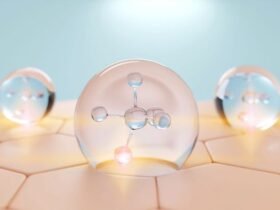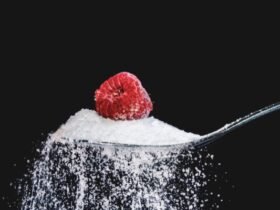If you’ve ever experienced a kidney stone, you know just how painful it can be. These small, hard deposits can form in the kidneys when waste products in your urine aren’t flushed out properly. But according to emerging research, your daily cup of coffee might actually help reduce that risk.
Let’s explore what the latest science says about the link between coffee and kidney stones and how your favorite beverage may support better kidney health.
What Are Kidney Stones and Who Is at Risk?
Kidney stones are hard mineral deposits that form inside your kidneys. They can affect people of any age, including children and teens, though the risk is highest around age 30. Studies show that men are twice as likely as women to develop them.
Some common risk factors include:
- Dehydration
- High sodium intake
- Excess calcium
- Obesity or metabolic disorders
- Poor diet or lack of fluid intake
While most kidney stones are small enough to pass naturally, larger stones may require medical attention. Prevention starts with hydration and dietary awareness.
The Surprising Role of Coffee in Preventing Kidney Stones
Coffee is often misunderstood when it comes to kidney health. Many believe it may dehydrate the body, but new research is challenging that idea and even suggesting coffee could have protective benefits.
Also read 9 Health Benefits of Eating Avocados Regularly
Here’s what science is showing:
- A study by the U.S. National Kidney Foundation found that individuals who regularly drink caffeinated beverages like coffee and tea were less likely to develop kidney stones.
- Increasing daily caffeine intake from one cup to one and a half cups of coffee could reduce the risk of kidney stones by up to 40%.
- A 2022 meta-analysis published in the International Urology and Nephrology journal confirmed that higher caffeine consumption may be associated with a lower risk of kidney stone formation.
How Does Coffee Help?
The potential kidney-protecting effects of coffee come from several factors:
- Increased urine output
Caffeine is a mild diuretic, which means it helps increase urine flow. More urine means waste products are flushed out more effectively, preventing them from crystallizing into stones. - Extra fluid intake
Despite its diuretic properties, coffee still adds to your overall fluid intake. Harvard Medical School points out that the water in coffee offsets any mild dehydration effects. - Lower risk of calcium oxalate stones
Most kidney stones are made of calcium oxalate. Some studies suggest that caffeine may reduce calcium oxalate crystal formation.
How Much Coffee Is Safe?
Experts recommend keeping caffeine intake under 400 milligrams per day, which equals about 4 to 5 cups of regular coffee. This amount appears to offer benefits without increasing the risk of dehydration or other health concerns.
However, balance is key. If you are prone to kidney issues or are sensitive to caffeine, it’s best to consult your doctor before increasing your intake.
Should You Switch to Decaf?
While decaf coffee has lower caffeine content, current research mainly points to caffeinated coffee as having the strongest link to reduced kidney stone risk. Tea, soda, and even alcohol also contain caffeine, but coffee offers the highest content in a natural form.
That said, drinking plenty of plain water is still the most important step in kidney stone prevention.
If you enjoy coffee daily, there’s good news. Recent studies suggest that moderate coffee consumption could play a role in preventing painful kidney stones. Along with a balanced diet, healthy fluid intake, and lifestyle choices, your morning brew may do more than just wake you up.
The connection between coffee and kidney stones shows how small changes in daily habits can support better long-term health.
For more science-backed health tips and wellness blogs, browse the latest posts on NidaFarheen.blog and follow us for updates on trending topics that matter.















Leave a Reply
View Comments